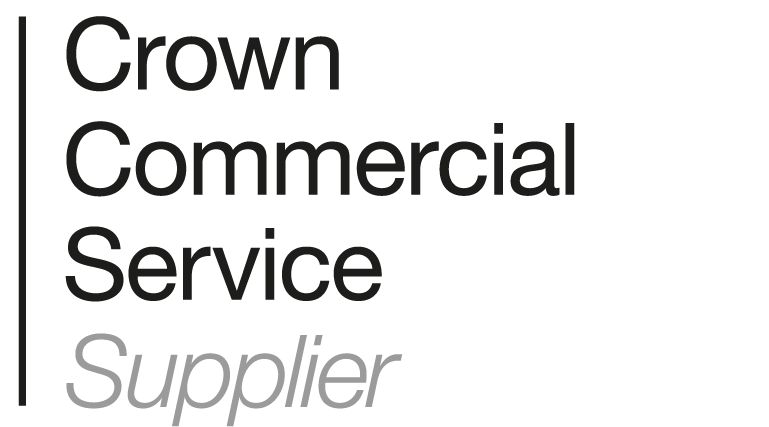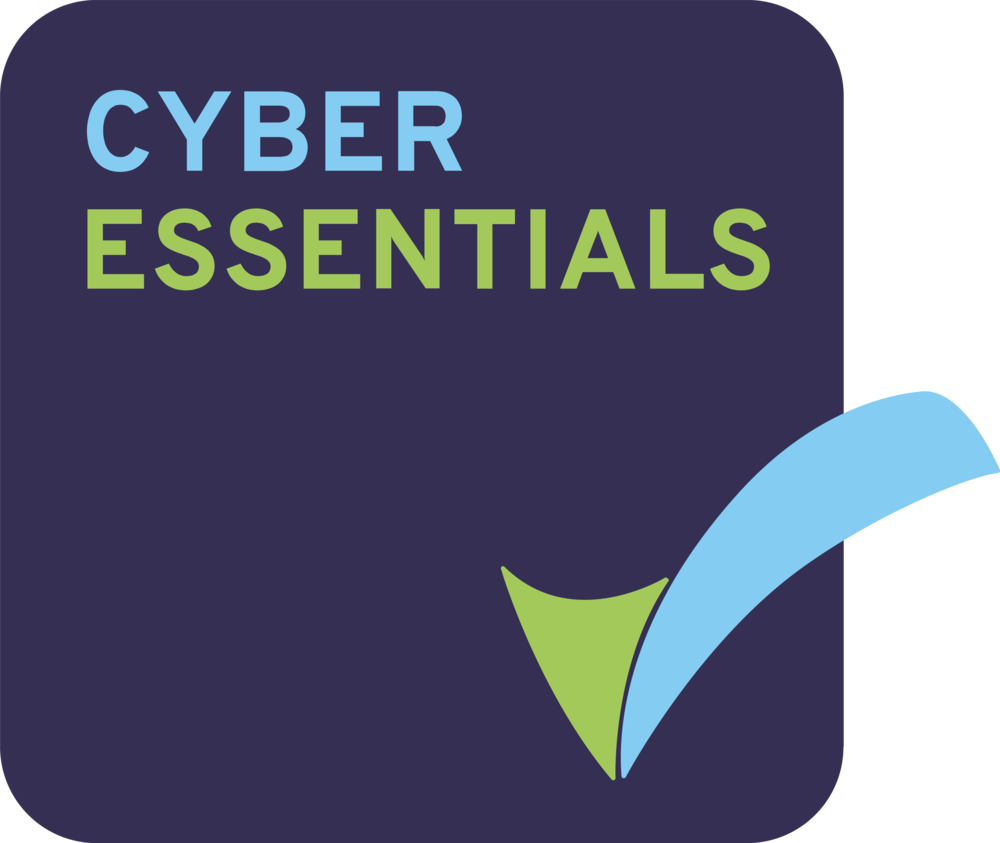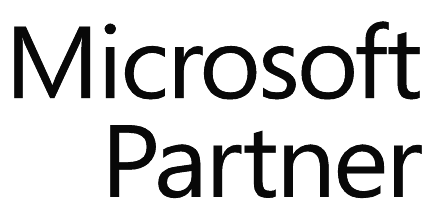‘Original Article taken from FStech magazine December 2015.’
Major regulation and compliance issues and challenges around Call Recording.
No doubt financial services have become one of the most regulated industries, especially following the recent financial crisis.
We have seen the scope of existing regulatory frameworks widening, as well as the emergence of new ones, all aiming to secure transparency whilst protecting the rights of companies, employees and consumers alike, whether proactively or retrospectively.
Directives like Anti-Money Laundering, Market Abuse and UCITS, the Regulation of Investigatory Powers Act, the Data Protection Act and the Telecommunications (Data Protection and Privacy) Regulations, are just a few of the compliance mandates pertaining the financial services industry. And, since we are talking about global financial trade, UK firms are also being affected by foreign regulatory initiatives like Europe’s MiFID, US’s Dodd-Frank Act and France’s AMF General Regulation, whereas other parts of the world like Australia and China are expected to follow suit.
One key challenge for both regulators and firms is the evolving ICT marketplace, that constantly introduces new means and channels of communication –from landline to mobile, to email, to instant messaging and to Bring Your Own Device (BYOD), which on one hand can facilitate transactions 24/7 around the globe, opening up new market opportunities for UK firms, but on the other hand make catching up from a Legal, Technological, Administrative and Operational standpoint a perpetual challenge.
Lack of clarity on retention periods for Call Recording. Is this a problem going forward?
Talking to our customers, amongst who are some of the most prominent organisations in the UK financial services market, the main urging issue within the financial services Call Recording framework is the upcoming Market in Financial Instruments Directive II (MiFID II) and we are all looking to the FCA for clarifications. However, considering the developments of the last few months and what is already in place in other countries in Europe and the USA, it is clear that a] the scope of the framework will broaden to include a wider range of transactions and companies (for example those companies that fall under FCA’s Article 3 and are today excluded from our domestic framework), b] the retention period for the recorded calls will be at least 5 years and c] the ability to provide information upon request by a regulatory authority will shrink to as little as 72 hours.
Failure to comply can be extremely costly for a financial services firm, the subsequent fine being the least of its problems. The underlying risk of lawsuits and exposure to a company’s reputation can have much more devastating effects in the long run.
The key questions then to be asked by financial services firms are who should be recorded, who will be allowed access to recordings, and, most importantly, how the firm will cope with regulatory requests? And because this is a volatile industry, the systems and processes in place should be flexible enough to enable a firm to quickly adapt to changes in the regulatory demands now and in the future.
What are the benefits for Financial Services companies in Call Recording?
This all sounds complicated and often it is. For the larger multinational players, a key concern is retrieving voice recordings from scattered, often inaccessible legacy systems spread across multiple locations across the globe. For smaller firms that haven’t yet implemented properly a call recording system, the question is how to ensure a future proof approach with minimum investment. For most, the mobile recording enforcement still causes headaches as mobility becomes increasingly a critical factor of their operational efficiency and competitive advantage.
The technology itself today is quite mature, and if carefully selected and deployed, can accommodate the ever changing needs of the regulatory and ICT landscape within the financial services arena. What we at Business Systems UK have seen over the years from the many projects we have implemented with the majority of City institutions, is that the adoption of the right call recording solution can actually deliver an impressive ROI. And if a firm decides to proliferate its investment in call recording beyond the sphere of compliance, then it can obtain valuable intelligence to be used in improving business performance, staff training and customer satisfaction.
What does the future hold for companies like Business Systems in this area?
Working closely with our customers and understanding their concerns has enabled Business Systems UK to develop a versatile set of solutions that will help them make the most of both their current and past investments, enhancing their agility, whilst securing the necessary levels of compliance.
One of these solutions is WordWatch, a unique call recording portal that allows companies to access and manage their recordings from often dispersed legacy systems, as well as record new calls and other interactions from mobiles, cloud and on-premise recording systems through a single user interface. Even when the data is encrypted and stored on tape, WordWatch uses the latest RPA (Robotic Process Automation) technology, to quickly and accurately extract millions of recordings that would otherwise require thousands of man-hours of labour and questionable levels of accuracy.
We have also developed OpEx Callcraft, a cloud-based, hosted service model for Call Recording and other contact centre solutions for companies where their business model does not justify a commitment to an on-premise implementation.
Finally, our partnership with some of the most respected global innovators in the Call Recording industry combined with our own internal expertise in development, customisation and integration, allows us to propose the best future-proof solution that will effectively address the varied, urgent needs of financial services firms; needs that are being accelerated by the impeding regulatory changes.
Technologies referenced in this article: Call Recording, Robotic Process Automation, Hosted Call Recording, Wordwatch Retrieval & Replay






